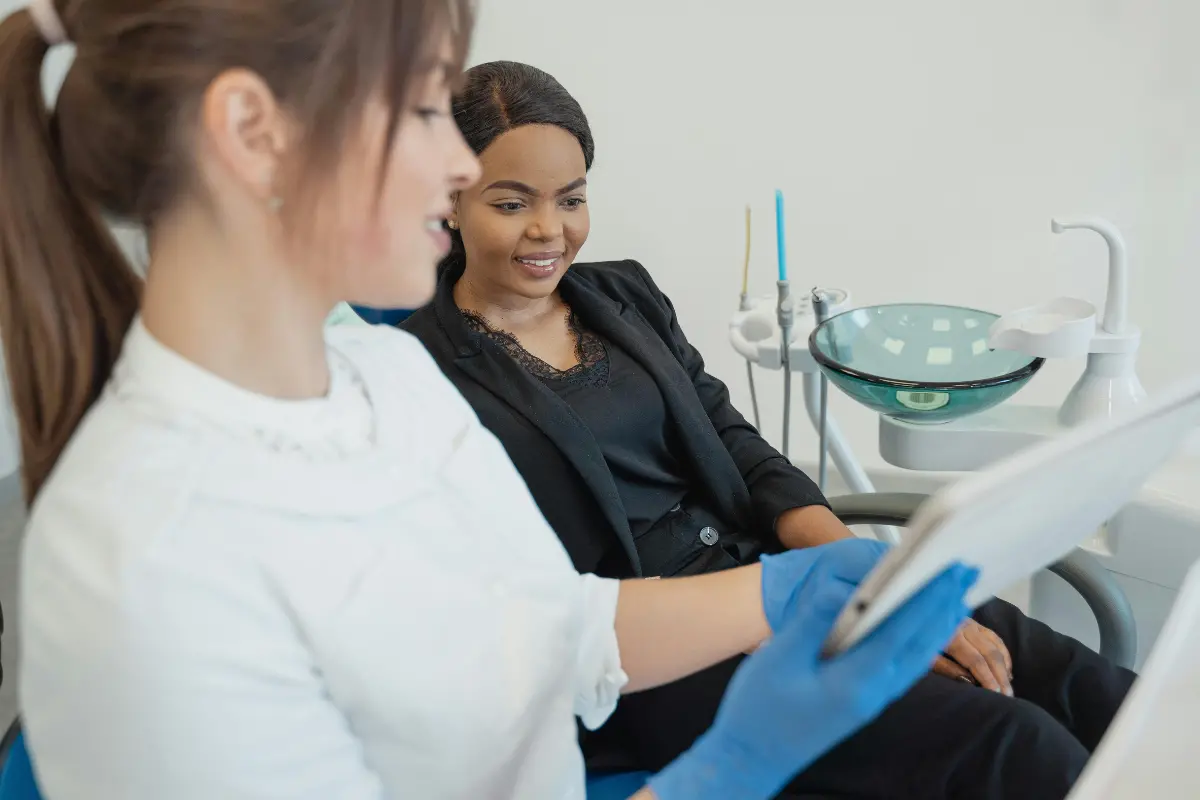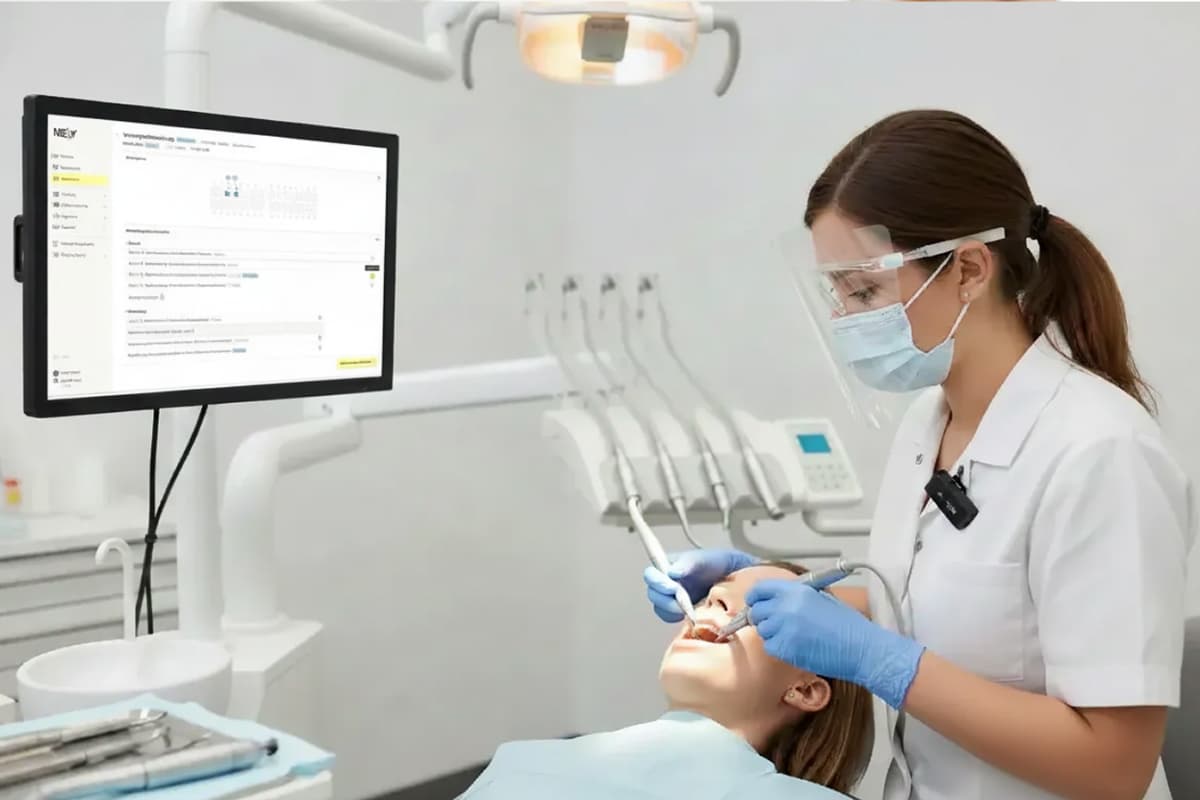Case history sheet template here free to download
Our template contains all relevant fields for the initial medical history, clear and easy to fill out. Ideal for medical practices, dentists, naturopaths and therapists. As editable Word file or print-ready PDF.

What belongs in a complete medical history sheet?
A complete medical history sheet contains information on the patient's medical history, acute complaints and relevant living conditions. Typical content:
- Personal data (name, date of birth, contact)
- Recent Complaints
- Pre-existing conditions and operations
- medication intake
- allergies and intolerances
- vaccination status
- Familial pre-existing conditions
- Social history (e.g. job, life situation)
How do you take a good anamnesis?
A good medical history should meet the following criteria, it is:
- Structured (e.g. according to a head-to-foot pattern or organ-related)
- Empathic & open waged
- Meticulously documented
- In case of uncertainty: make specific inquiries
- Supplemented by standardized questionnaires or checklists
What questions must be asked when taking an anamnesis?
The questions depend on the subject area and aim of the investigation. General medical history issues include:
- How long have the complaints been there?
- Have there been any similar symptoms in the past?
- What medications do you take regularly?
- Are there any known chronic diseases?
- Do allergies exist?
- Has anyone had surgery or vaccination recently?
Depending on the field of study (dentistry, psychotherapy, etc.), specific questions are added, for example:
- dentistry: toothache, bleeding tendency, allergies to local anesthetics
- psychotherapy: pre-existing conditions, current life situation, medication intake
- gynecology: cycle course, pregnancies, contraception
- orthopedics: course of the accident, movement restrictions, course of pain
- paediatrics: vaccination status, early childhood development, familial illnesses
Is a medical history sheet mandatory?
A medical history sheet is not explicitly required by law in Germany, but is de facto mandatory in practice because:
1. Treatment contract (§ 630 BGB et seq.) & duty to provide information (§ 630e BGB):
The practitioner must know the state of health and relevant risks in order to properly treat or explain.
2. Documentation requirement (§ 630f BGB):
Structured, comprehensible documentation (e.g. a medical history sheet) is not explicitly required by law — but it is necessary in order to be able to prove in case of doubtthat has been carefully explained and anamnestically recorded.
3. Professional law & liability:
Most professional regulations (e.g. medical associations, dental associations, psychotherapist associations) establish a Anamnesis as standard in advance. If there is an incorrect or missing medical history, there is an increased risk of medical errors — and thus of liability consequences.
4. Particularly important for:
- Invasive procedures
- Medication administration
- mental illnesses
- Allergy risks
Digital anamnesis: This is how practices save time and effort
Patient admission is often a bottleneck in everyday practice: Paperwork, illegible entries and time-consuming data entry tie up resources both at the reception and in the treatment room.
With the digital anamnesis This process is much easier, faster and error-free. Patients fill out the medical history form conveniently online: either at home before the appointment or directly on site using a QR code on their own smartphone or tablet.
In addition, digital medical history sheets enable intelligent, dynamic queries: Depending on the input, only relevant follow-up questions are asked. For example, if a person claims to be male, no questions about pregnancy or menstruation are displayed. This saves time, increases data quality and improves workflow for both patients and the practice team.
Or even: Anyone who does not report any chronic illnesses will not receive any detailed questions about them. This saves time, increases data quality and improves workflow for both patients and the practice team.
Digital solutions such as Nelly make digital recording and anamnesis a real advantage for the practice and patients.
Benefits of digital anamnesis at a glance:
- Time savings: Up to 90 minutes less administrative work per day
- Cost reduction: Up to 80 percent less spending on paper, printing and postage
- Legal certainty and data protection: Digital signature and GDPR-compliant data storage
- Seamless integration: Connection to existing practice management systems possible
- More comfort for patients: No paperwork, intuitive operation on your own device
We are happy to advise you free of charge and without obligation about your individual case.
Common questions
What does anamnesis mean medically?
“Anamnesis” means the structured collection of a patient's medical history, usually during an initial consultation or using a form.
What does anamnesis mean in German?
The term comes from Greek and literally means “memory.” In medicine: Remembering or telling one's own medical history.
What information must a medical history sheet for dentists contain?
A medical history sheet for dentists should include:
- Current complaints (e.g. toothache, sensitivity)
- List of medicines
- bleeding tendency, heart disease
- allergies (e.g. to local anesthetics)
- Last visit to the dentist
What information must a medical history sheet contain for psychotherapy?
A medical history sheet for psychotherapy should include:
- Pre-existing mental illnesses
- Family burdens
- Medication use (especially psychotropic drugs)
- Current life situation & complaints
- addictive behavior (e.g. alcohol, drugs)











